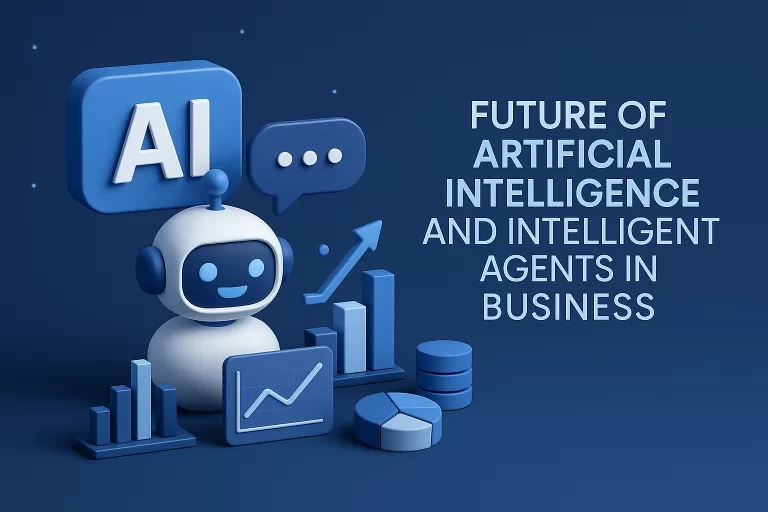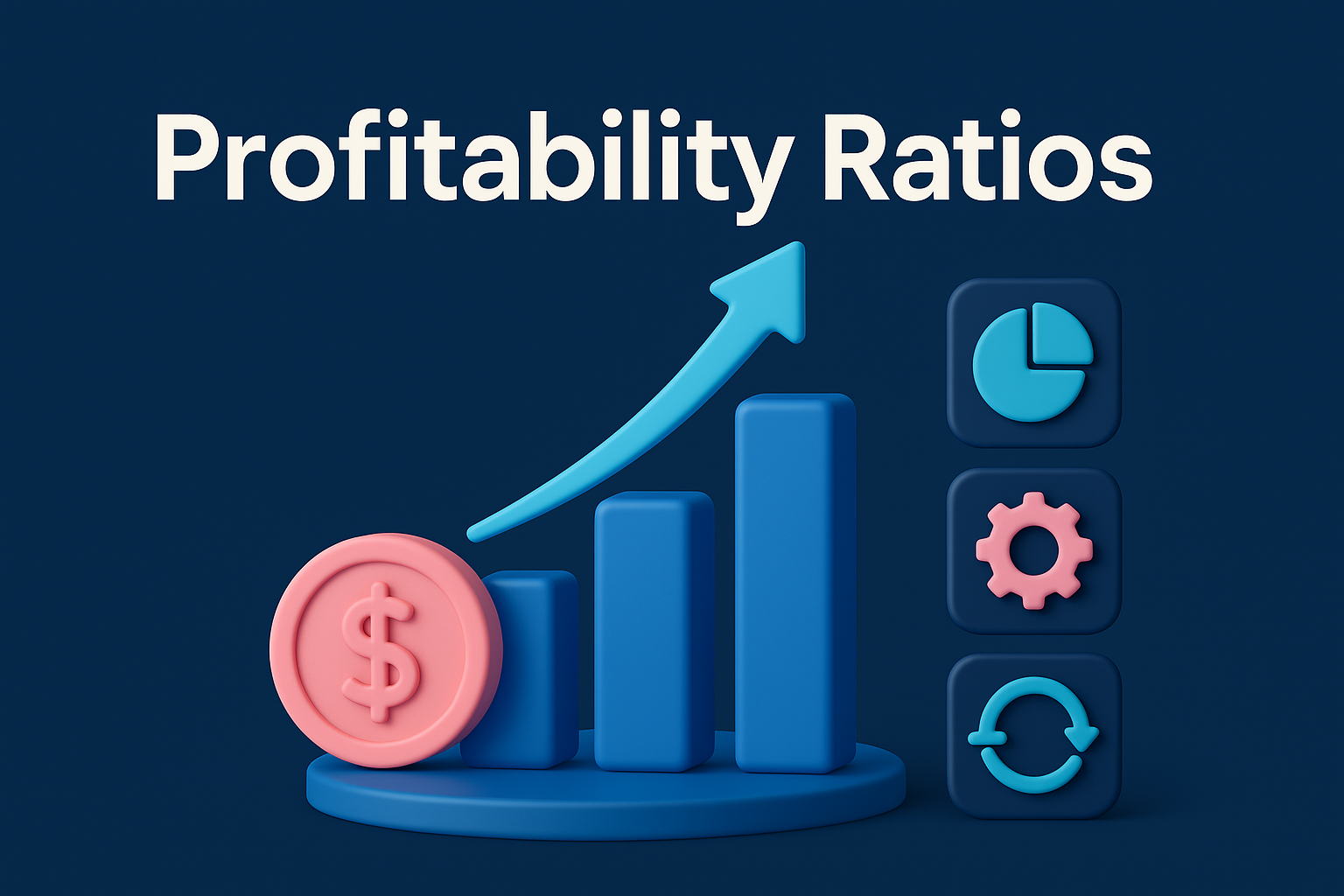In recent years, artificial intelligence (AI) has advanced at an astonishing pace, revolutionizing the way we interact with technology and transforming various sectors — from education and healthcare to business and communication. However, the most remarkable transformation lies not in AI as we know it today, but in what lies ahead: the era of intelligent agents.
1. What Is Artificial Intelligence?
Artificial intelligence is the science of building software and systems capable of performing tasks that typically require human intelligence. These tasks include:
-
Understanding natural language
-
Recognizing images and sounds
-
Making decisions
-
Learning from data
Currently, the most widespread AI models rely on machine learning and deep learning, where algorithms are trained on massive datasets to perform specific tasks. Yet, these systems remain passive — they await our instructions and cannot act independently.
2. What Is an Intelligent Agent (AI Agent)?
An intelligent agent represents a new generation of AI — systems that not only process data but act on behalf of the user. In other words, instead of you asking the AI a question, the agent does the work for you.
It doesn’t wait to be asked — it plans, takes initiative, and adapts to context. It’s more than a tool. It’s your smart assistant.
3. The Difference Between AI and AI Agents
| Feature | Traditional AI | AI Agent |
|---|---|---|
| Task-based | Yes | No |
| Requires user input | Yes | Not always |
| Understands context | Partially | Strongly |
| Takes initiative | No | Yes |
| Multitasking | Limited | Advanced |
| Decision-making | Reactive | Proactive |
In essence, an AI agent behaves more like a human assistant: it understands your preferences, tracks your goals, manages tasks on your behalf, and continuously learns to improve its service.
4. Real-World Applications
These agents are being developed by major players like OpenAI, Microsoft, and Google. Use cases include:
-
Managing emails and schedules automatically
-
Recommending and booking trips
-
Monitoring financial trends and alerting users
-
Assisting students with personalized learning
-
Coordinating with other agents to complete complex tasks
5. Challenges of Intelligent Agents
Despite the promising potential, AI agents come with challenges:
(First) – Security and privacy: The agent must access personal data to act on your behalf. This raises questions about data protection.
(Second) – Ethical responsibility: If the agent makes a wrong decision, who is accountable?
(Third) – Dependence: Overreliance on intelligent systems may reduce human critical thinking and problem-solving abilities.
(Fourth) – Integration with current systems: Most companies and infrastructures aren’t yet ready for autonomous AI integration.
(Fifth) – Cultural readiness: Accepting a system that acts on our behalf requires a mental and cultural shift.
6. The Future Vision
As AI agents evolve, the boundaries between human-computer interaction will dissolve. We’ll move from giving instructions to building goals.
We’ll no longer say:
“Show me the best flight to London.”
But instead:
“Plan my business trip for next week.”
And the agent will take care of everything — flights, hotels, meetings, documents.
7. What Makes This Revolution Important?
This transformation is not just technical, but philosophical:
-
We’re moving from command-based AI to goal-driven intelligence
-
The agent isn’t just a processor — it becomes a partner
-
Technology will act before we even know what to ask
This paradigm shift will redefine productivity, communication, and even creativity.
8. Final Thoughts
The future of artificial intelligence lies not in better chatbots or faster processing, but in systems that understand our intent and act to fulfill it. Intelligent agents are the bridge between today’s AI and the next evolution — true artificial assistance.
We stand today on the verge of a new world. A world where the system doesn’t wait for instructions but becomes your partner in navigating complexity, seizing opportunities, and simplifying life.
Sources:
-
OpenAI Research Papers
-
Stanford AI Index Report
-
Google DeepMind Publications
-
McKinsey – The State of AI 2024
-
Wired Magazine – The Agent Era





